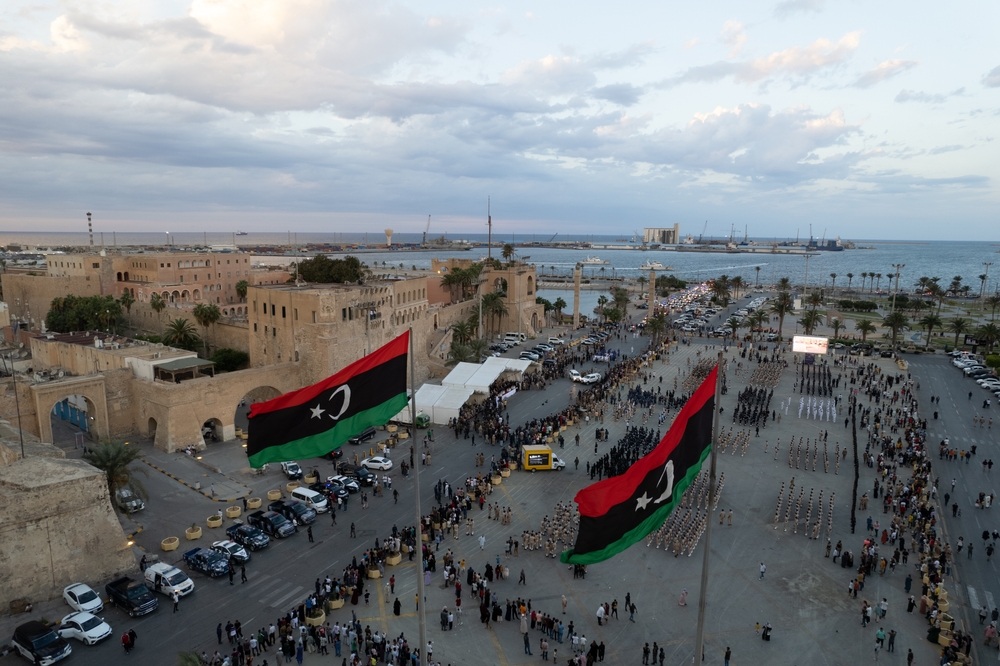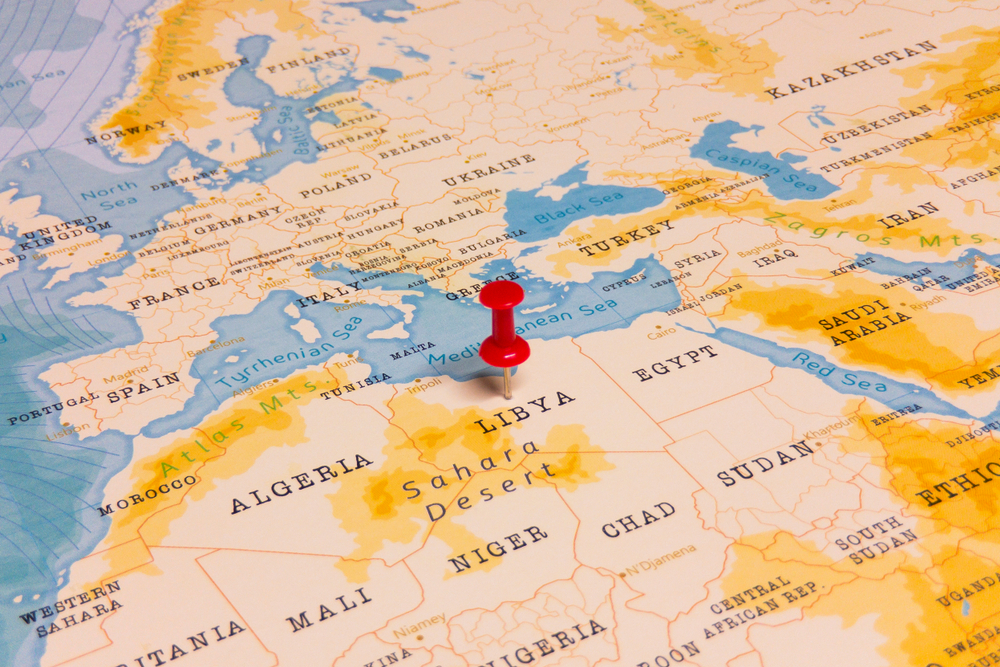The truce and political stalemate that suspended fighting in Libya’s civil war for nearly two years may have toppled into calamity over the weekend. On Saturday, more than 30 people were killed and 150 injured as deadly fighting broke out in Tripoli. Highly populated civilian areas received some of the most severe impacts of the violent outbursts. This weekend’s fighting was the worst Libya experienced in two years and raised concerns that the country could soon plunge back into full-scale civil war.
-
- Read More – Understanding the Libyan Civil War
Libya has two governments fighting for power in the oil-rich and war-torn nation. The UN-backed Government of National Unity (GNU) government is led by Abdul Hamid Dbeibah and based in Tripoli. The eastern-based power is led by Fathi Bashagha, backed by the military strongman Khalifa Hiftar and supported by Libya’s parliament. Armed militias have aligned their loyalty to different sides of the conflict.
Libya has been in a state of chaos since the fall of its long serving leader Muammar Gaddafi in 2011. NATO backed the bombings and uprising that toppled Gaddafi at that time, and many Libyans are asking why the current unrest and violence do not warrant the same involvement and prioritization from the west.
Planned elections in December 2021 never materialized, and Dbeibah refused to step down. The rival eastern faction appointed Bashagha as its prime minister at that time. Bashagha has attempted to take control of Tripoli throughout the year. Saturday’s fighting was partially triggered by Bashagha’s second attempt to take over the city since May.






